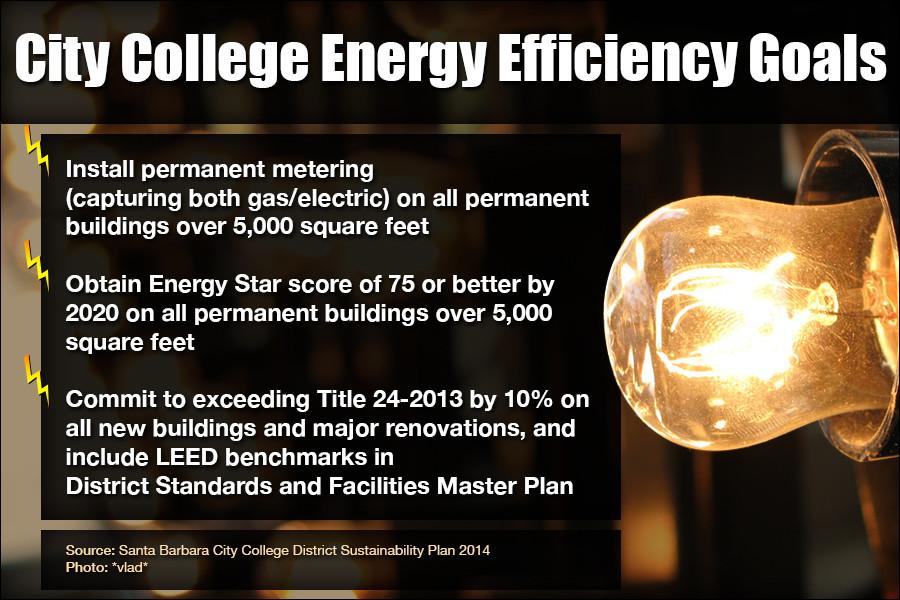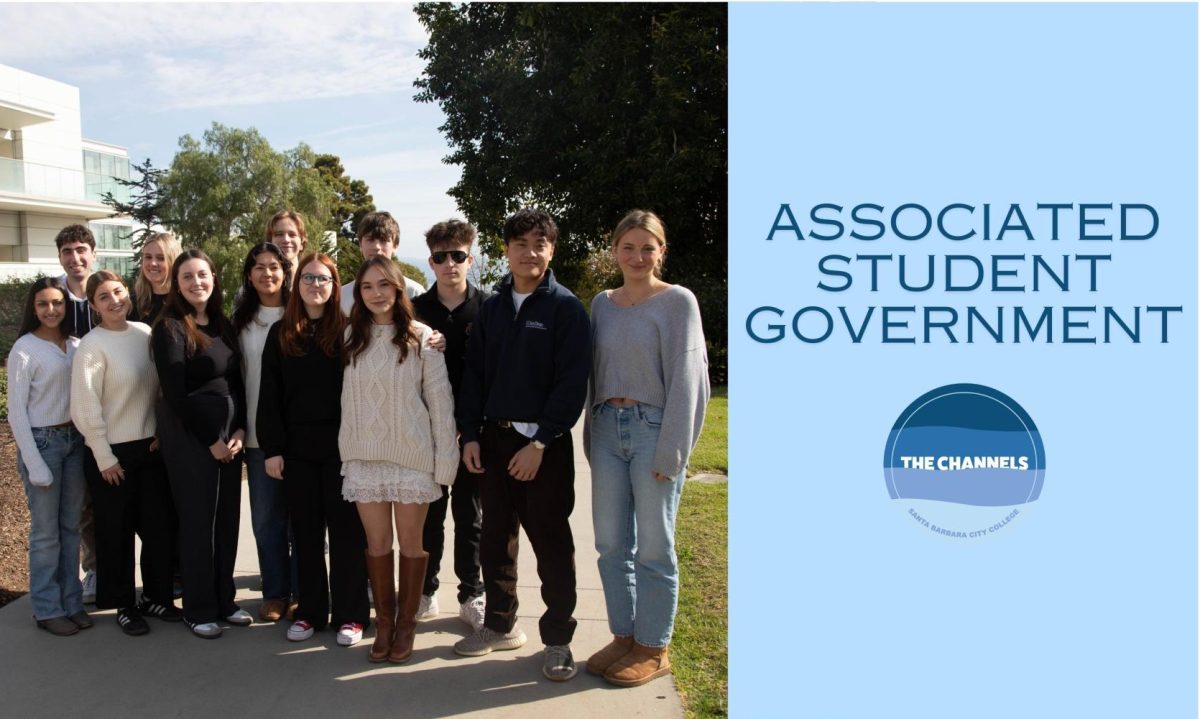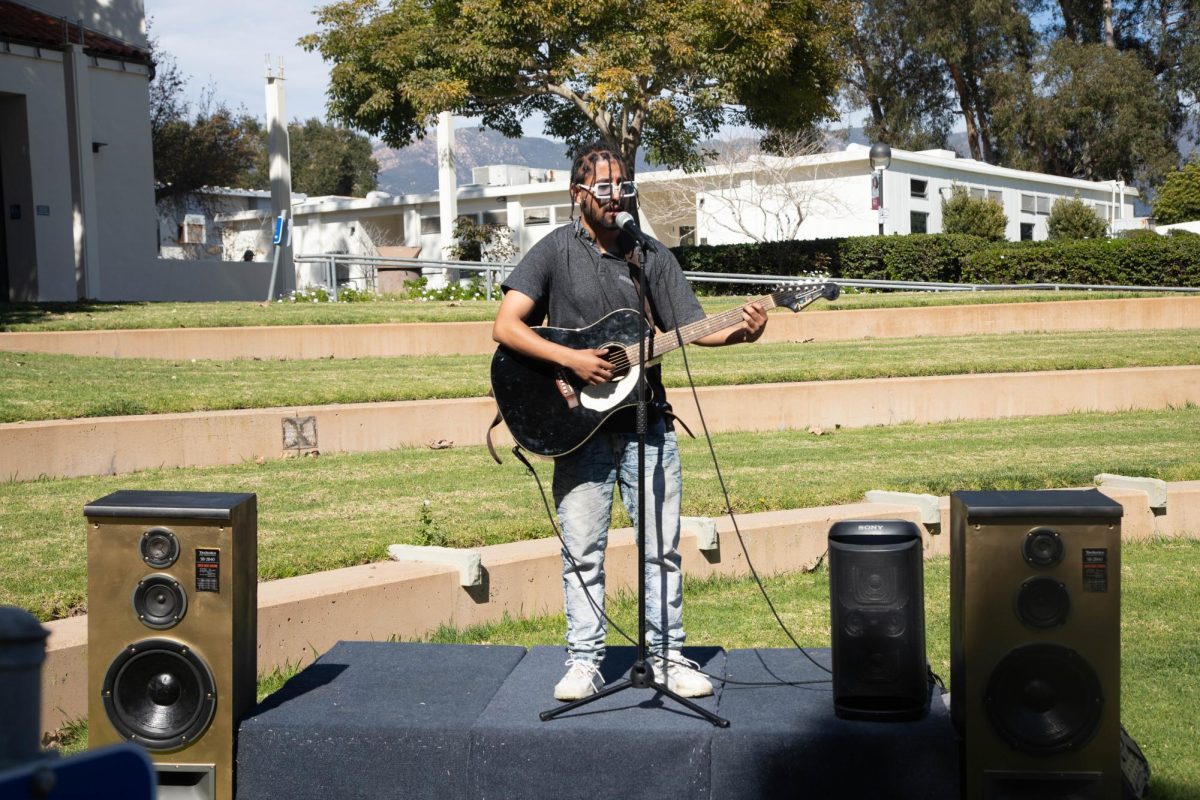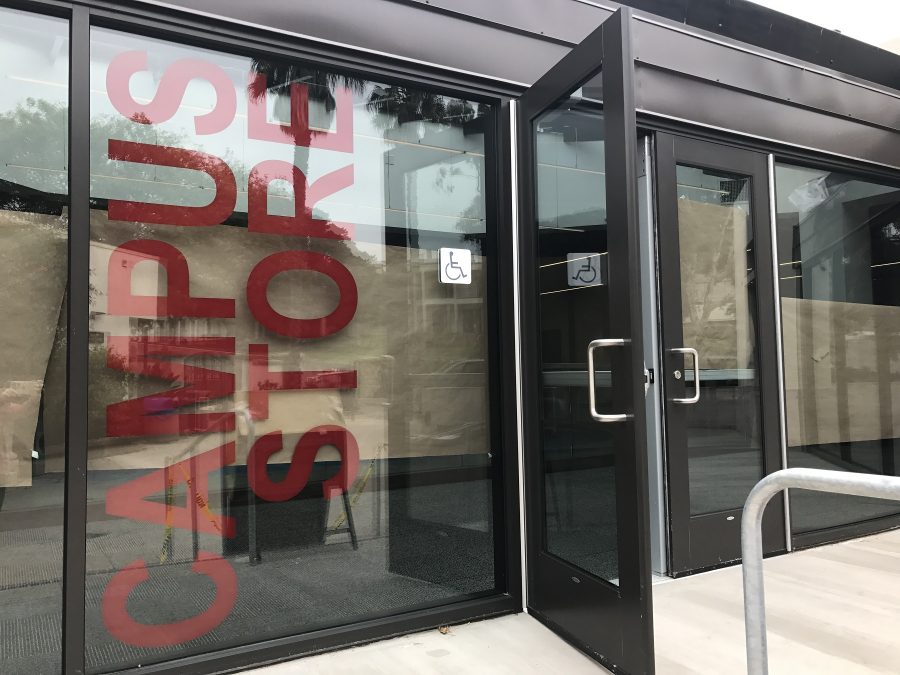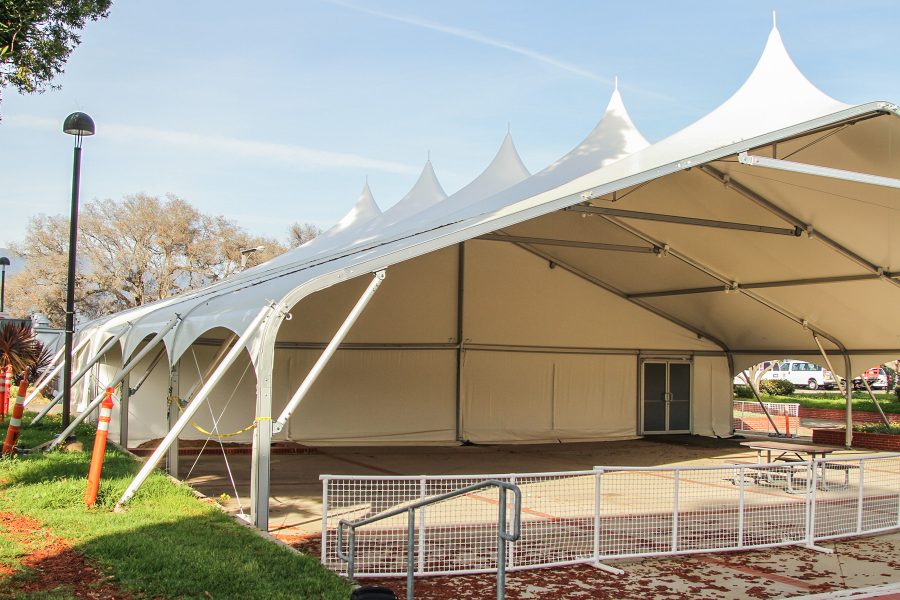City College is furthering its efforts to improve energy efficiency campus-wide by taking a more sustainable approach.
According to their website, the college’s Center for Sustainability plans to decrease “environmental impact, demand on finite resources and costs.”
One of the first steps to achieve this goal is by placing metering systems onto existing buildings that will measure gas and electricity usage.
“We can then take that information and put it into Energy Star, which will give us an energy use intensity,” said Perrin Pellegrin, author of the sustainability plan and managing partner at Innovative Workshop Consulting.
The Energy Star score is ranked from one to 100, based on how the building is consuming energy. A score of 50 equates to “median energy performance,” but a score of 75 or higher means the building has excellent energy performance and may be eligible for Energy Star certification.
The district’s sustainability plan clearly outlines that one of the goals of this program is to achieve a “score of 75 or better by 2020 on all permanent buildings.”
With the information obtained from Energy Star and the meters, Pellegrin expressed that City College can then use the findings to benchmark the performance of the buildings and “develop a series of energy efficiency projects.”
On top of working towards installing metering system on campus, City College’s Center for Sustainability plans to install more renewable energy systems.
These renewable energy systems include upgrading lighting fixtures with controls to increase efficiency, replacing air and heating systems, and install devices on vending machines to reduce their power usage.
These simple efforts, Pellegrin said, will allow the campus to save more money.
Some of these goals are already in action, such as the effort to reduce energy costs by utilizing solar power.
City College installed solar panels on West Campus in the fall of 2009 and produce about 235-kilowatts of power to be used throughout campus.
As stated in the informational video, the energy utilized from the 1,344 panels is estimated to power 30 percent of the energy that is used on West Campus.
“I do know that we want to install more solar panels, and it is a funding issue,” said Joe Sullivan, vice president of business services. “There is not a lot of grant money available.”
Partly funded by a low-interest loan and grant money, the solar panel carports cost City College approximately $2.34 million, Sullivan said.
Funding for the expensive installation would have been covered by Measure S, the $288 million bond that failed to pass last fall.
“Our intention was to include this in the bond offering that we had last year,” Sullivan said. “But that failed, so we have to find other funding for it.”
The next steps for this goal will be to educate the campus and faculty, as well as obtain alternative funding to further these efforts, Pellegrin said.


